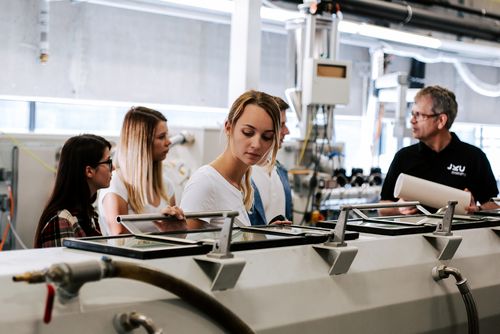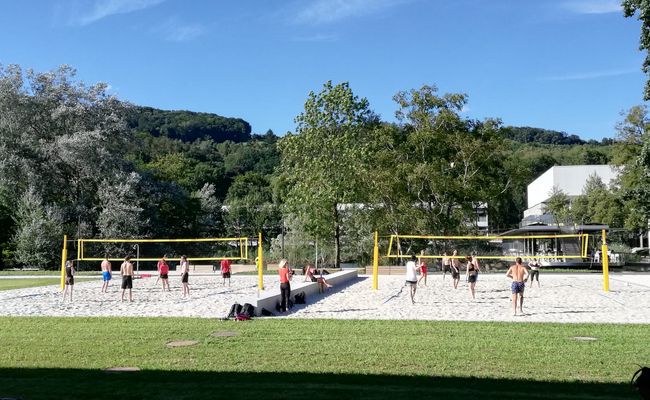Your skills in polymer technologies are in high demand, particularly in the following industries:
Sport and Recreation: Polymer variability facilitates high-performance products to support a wide range of sports: Ski and snowboard equipment, balls for balls sports, lightweight bicycles, sailboats, sportwear, and much more.
Energies: Polymers facilitate the longevity of silicon cells used for photovoltaic systems. Lightweight plastic construction is vital to construct functioning large wind turbines at wind farms. When it comes to residential construction, insulation panels and window frames are also just a few examples that guarantee saving energy and ensuring safety.
Medicine: Plastic products are multifunctional, enabling orthotic, prostheses, and implant devices; plastic materials are used to make blood bags, tubes, syringes, etc. hygienic; packaging keeps contents sterile; suture and dressing materials, hearing aids, contact lenses, condoms, pregnancy tests, Covid tests - and many more items - are made out of plastic.
Electrical and Electronic Systems: The only reason you can read this text right now is because of the plastics in your screen. Cable sheaths and casings safely provide your devices with a continual supply of power.
Mobility: Resource-efficient mobility requires lightweight solutions made out of plastics and composites. Thanks to the use of plastics, trains, buses, airplanes, and automobiles are becoming lighter and more comfortable.
Packaging: This is where you help more people to learn about - and better understand - the responsible use of plastic packaging. When it comes to plastic packaging, you create real solutions to support a circular economy.
As a graduate in polymer engineering, you will be highly sought after in industry and science in the following areas:
- You develop innovative solutions to support a circular plastics economy and introduce new recycling technologies
- You develop new types of polymer compounds, multifunctional polymer composites, and polymer hybrid materials
- You conduct research and work on material-specific polymer processing, including advancements and optimizing process technologies
- You create designs and construct polymer products, manage their specifications and qualifications as well as ensure quality and certification
- You conduct base-knowledge research in these areas of technology and apply them in practice








